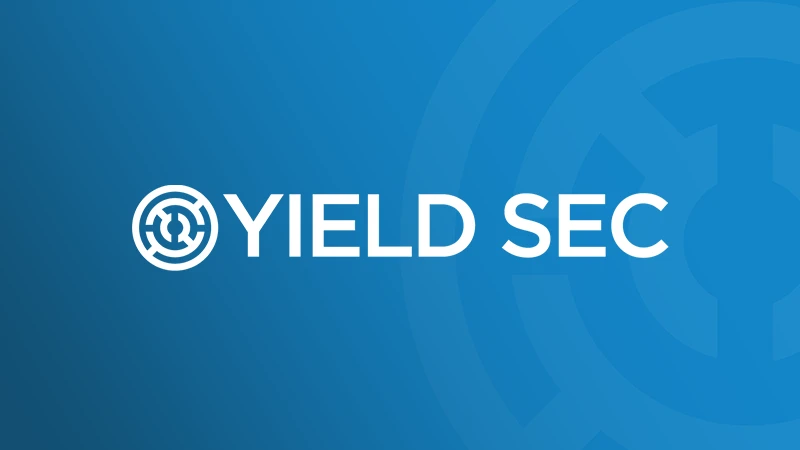Illegal sites continue to target self-excluded UK players

Self-exclusion is one of the most effective tools players have to help keep their gambling in check –essentially the last line of defence when things start to get out of hand. It’s a key tenet of responsible gambling that players should be able to raise their hand and opt-out altogether if controlling their gambling becomes a challenge.
Now, new findings reflect a worrying trend with the active targeting of self-excluded players by illegal gambling operators who fall outside the remit of gambling regulators and laws. In the UK, Europe and beyond, there is a growing problem with black market operators targeting those who have chosen to self-exclude – a cynical exploitation of the most vulnerable gamblers by illegal operators.
While this type of thing wouldn't be possible in the regulated sector, the illegal sector remains a wild west environment, where ethics and social responsibility take a back seat at every turn. But how are illegal sites getting away with targeting the most vulnerable gamblers so explicitly, and is there anything that can be done to protect against these types of abuses?
The trends examined
Trends around the explicit targeting of vulnerable and problem gamblers have been highlighted by Yield Sec, the regulatory intelligence platform, which works to unpick what’s really going on in the unregulated, or ‘black market' sector.
The two essential metrics for any gambling operator are cost per acquisition (CPA), and revenue per player (RPP). By targeting demographics outside of those reachable by regulated casinos, such as the underage or the self-excluded, illegal operators slash their CPA. Competition is lower in these markets because they are only targeted by the illegal sector. At the same time, targeting those with self-identified problematic gambling behaviour means a higher average RPP too – these are players that spend money, often by compulsion. This type of approach means illegal operators are pushing at both sides of the equation to maximise their advantage.
In the UK, illegal operators account for just 2% of the gambling market, reflecting the broad success of the regulated sector, which will always provide a better, fairer and safer environment for gamblers. Yet Yield Sec data shows illegal operators are targeting search terms like “Get out of Gamstop”, “Non Gamstop” and “Not on Gamstop”, to attract players who have signed up to self-exclude through Gamstop.
Initially flagged at the start of 2023, the problem has compounded in recent months, with millions of search results and thousands of different sites chasing after these types of exploitative search terms.
In Sweden too, the same problem. Some 49% of self-excluded gamblers in Sweden have accessed gambling services, with 82% of those doing so online, despite the Swedish exclusion service Spelpaus preventing access to regulated gambling sites for those self-excluding.
According to Yield Sec, the growth of illegal targeting in Sweden over the past year mirrors that of the UK. Attempts by black market operators to penetrate and target these vulnerable audiences are increasing, and worryingly, these patterns can be seen right across Europe, as illegal operators strive to find evermore cheap, revenue-positive customers to exploit.
Effective regulation & increased vigilance
Clearly, something isn’t working. These worrying trends show no signs of reversing soon, either. But there must be a role for effective regulation in both dissuading and preventing these types of practices – making them less potent for the marketers and operators plying them.
The problem, ultimately, is the existence of illegal gambling sites. While the situation in the UK is far from perfect, the tiny 2% market share held by illegal gambling sites means that regulation is working, and 98% of players are getting what they need from the legal sector. Protections for the vulnerable are in place and, on the whole, largely working.
Contrast that with figures from Germany which have black market gambling accounting for up to 50% of the market (some estimates have it as high as 80%), and it’s clear the UK is closer to the answer. With more changes coming down the track, especially around protections and tools for responsible gambling, legislators and the Gambling Commission is at least making headway.
Illegal gambling sites will always exist. Murkier operators will still operate outside legal frameworks, regardless of how effectively they meet the needs of players and operators. It takes constant, persistent vigilance and action from regulators and authorities to find these sites and shut them down where possible, in order to prevent more players falling foul of illegal operators.
With the right framework, and the correct enforcement mechanisms in place, it should be possible to minimise the problem, or at least reverse the growth in this worrying trend.
